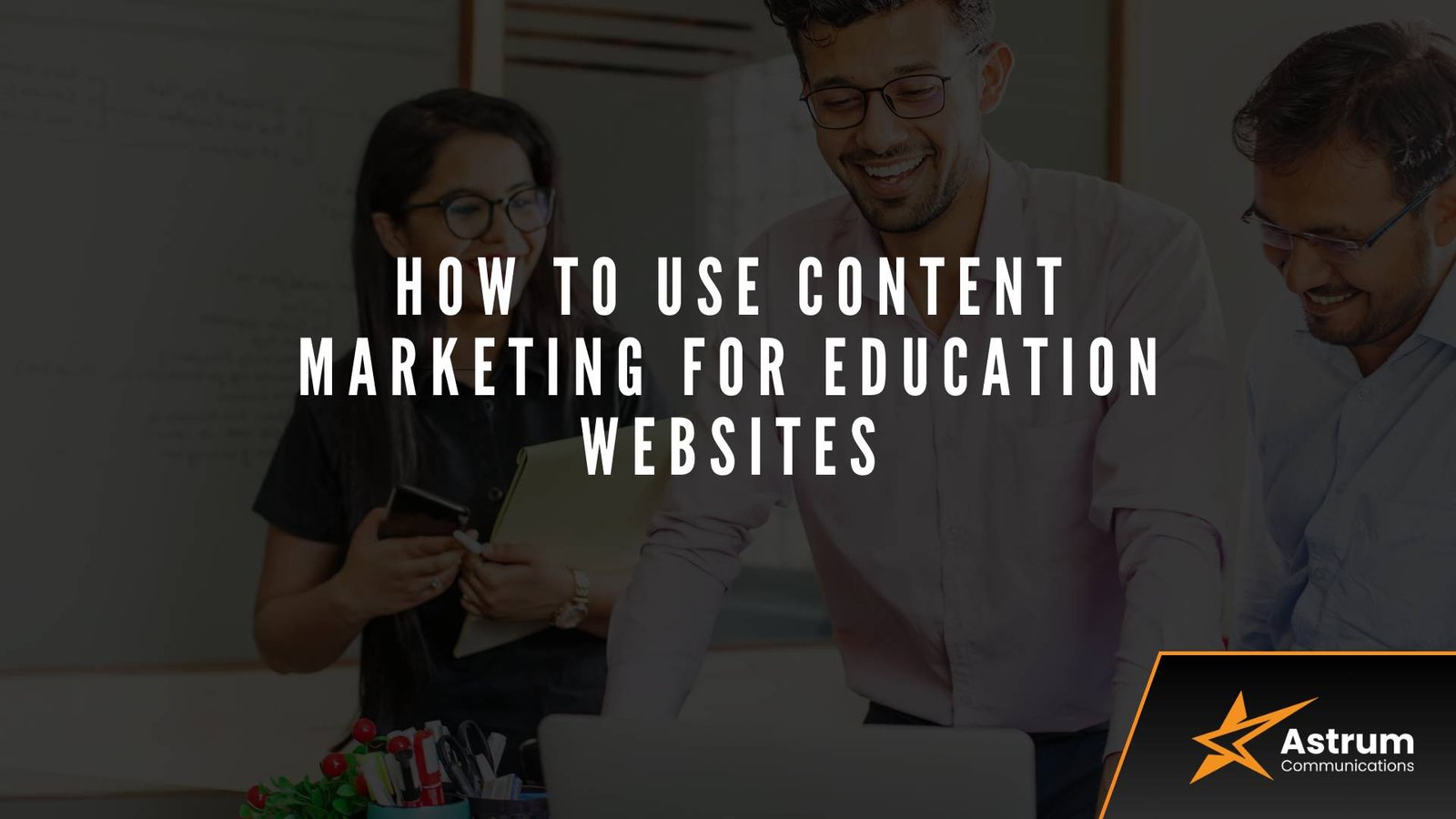Content marketing for education focuses on creating valuable, relevant content that engages students and educators. By establishing topical authority and optimizing for entity SEO, educational websites can improve visibility, build trust, and foster meaningful connections with their audience. This guide explores effective strategies for enhancing your educational content.
Table of Contents
ToggleCreating Blog Content Around Course Benefits and Career Advice
Creating blog content that focuses on course benefits and career advice is essential for education websites. This type of content not only showcases the value of educational offerings but also establishes your website as a trusted resource. By providing clear, practical insights on how specific courses can enhance career prospects, you build topical authority. Use keywords related to career advancement and learning outcomes to improve your site’s visibility in search engines. Integrating personal stories, expert interviews, and data-driven results can make your articles more engaging and informative. This approach helps create a community around your educational offerings and encourages potential students to connect with your brand. Prioritizing valuable, relevant content will guide visitors in making informed decisions about their education and careers, ultimately driving enrollment while enhancing your site’s credibility in the education sector.
Offering Free Resources (E-Books, Webinars) as Lead Magnets
Offering free resources like e-books and webinars can be an effective strategy for education websites to attract potential students and build trust. These lead magnets should be closely aligned with your core content topics, showcasing your expertise in specific areas of education. By providing valuable, informative resources, you position your site as a go-to authority in your field, enhancing your topical relevance.
When crafting these resources, ensure they address common questions or challenges faced by your target audience. Promote them through your website and social media channels to maximize visibility. Collecting contact information in exchange for these materials helps you nurture leads, allowing for further engagement and relationship-building. Overall, free resources not only enrich your audience’s learning experience but also strengthen your website’s credibility and authority in the educational landscape.
Writing Case Studies and Success Stories for Social Proof
Writing case studies and success stories is an effective way to provide social proof for educational websites. These narratives showcase real-life experiences of students or institutions that have benefited from your services or products. By detailing the challenges faced, the solutions implemented, and the outcomes achieved, you build trust with prospective users.
Incorporating relevant keywords and topics related to your educational content can enhance your site’s topical authority, improving visibility in search engines. When positioning these case studies on your website, ensure they align with your overall content strategy, making it easier for potential clients to find and relate to your success stories. This not only boosts credibility but also drives engagement and conversions by illustrating the tangible impact of your offerings.
Producing Video Content That Showcases Course Outcomes
Producing video content that showcases course outcomes is an effective strategy for education websites. By highlighting what students can achieve through your courses, you not only clarify the value of your offerings but also enhance your site’s topical authority. High-quality videos can demonstrate real-world applications of skills learned, fostering a deeper connection with your audience.
To maximize visibility, align your video content with relevant keywords that reflect user intent, improving your entity SEO. This approach ensures the content resonates with prospective students looking for specific outcomes. Additionally, sharing these videos across multiple channels—like social media and email newsletters—can broaden reach and engagement. Ultimately, creating compelling video content reinforces your brand’s authority in education while effectively communicating the benefits of your courses.
Using Social Media to Promote Content and Engage Audiences
Using social media to promote content and engage audiences is essential for educational websites. By sharing valuable resources, articles, and multimedia on platforms like Facebook, Twitter, and Instagram, educators can effectively reach their target audience. This approach not only drives traffic to the website but also helps build an online community around shared interests. Engaging with followers through comments, polls, and live sessions fosters a sense of connection and trust. Additionally, focusing on topical authority—demonstrating expertise in specific subjects—enhances credibility. This is complemented by entity SEO, which helps content rank higher in search results by associating it with relevant topics. Together, these strategies can create a vibrant online presence, increase visibility, and ultimately support the educational mission of the website.
Tracking Engagement and Conversions Through Content Analytics
Tracking engagement and conversions through content analytics is essential for education websites aiming to enhance their content marketing strategies. By analyzing metrics such as page views, time spent on pages, and interaction rates, educators can identify which topics resonate most with their audience. This process helps establish topical authority, as it allows institutions to focus on subjects that not only attract visitors but also encourage them to take desired actions, such as signing up for courses. Additionally, incorporating entity SEO concepts can help these sites appear more prominently in search results related to specific educational themes. Ultimately, a careful analysis of content performance supports continuous improvement, ensuring that educational institutions effectively connect with their audience and meet their learning needs.
Optimizing Content for SEO to Drive Organic Traffic
Optimizing content for SEO is essential for driving organic traffic, especially for education websites. Start by identifying key topics relevant to your audience, ensuring the content addresses their needs and questions. Create engaging, informative articles that demonstrate topical authority by covering a subject comprehensively. Incorporate relevant keywords naturally, focusing on user intent. Utilize entity SEO by linking to reputable sources, which enhances credibility and contextual relevance. Use clear headings and subheadings to improve readability, making it easier for users and search engines to understand your content’s structure. Finally, regularly update and refresh your content to keep it relevant, as this signals to search engines that your site is actively providing valuable information. Together, these strategies will enhance visibility and drive more organic traffic to your education website.
Conclusion
In summary, creating blog content that highlights course benefits and career advice not only boosts engagement but also positions your educational site as a trusted resource. By focusing on relevant topics and building authority in your niche, you can enhance your visibility in search results and attract your target audience effectively. For tailored strategies in content marketing that amplify your educational mission, consider partnering with Astrum Communications. Together, we can elevate your online presence and connect more students with the opportunities they seek.


